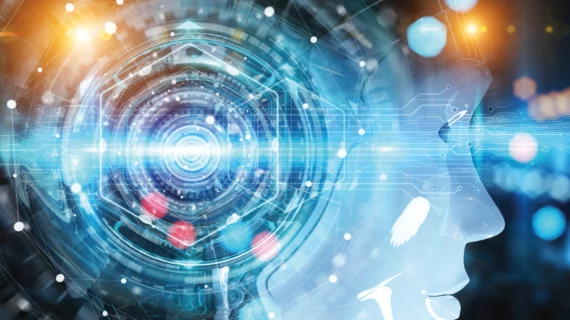AI detects schizophrenia from fMRIs with 87% accuracy
A new AI-based software called the Ensemble Algorithm with Multiple Parcellations for Schizophrenia Prediction, or EMPaSchiz, can identify schizophrenia in fMRI scans with 87 percent accuracy, according to a recent study published in NJP Schizophrenia.
The machine learning algorithm, developed by researchers at the University of Alberta in Canada, was trained on resting-state fMRI exams from 81 patients who were diagnosed with schizophrenia but were not medicated to treat their mental illness, according to the study.
As detailed in the research published in the January issue of the journal, the algorithm could help physicians diagnose schizophrenia at earlier stages and treat the mental illness sooner.
“The work reported here may indicate a useful step towards more biological informed diagnoses, as it involves developing algorithms to predict current psychiatric diagnoses based on objective neurobiological features,” Sunil Kalmady, PhD, of the department of psychiatry at the University of Alberta, and colleagues wrote et al. in the study. “This approach could also provide us with a framework for evaluating the validity of clinical diagnoses.”
See the entire AI in Healthcare article below.

